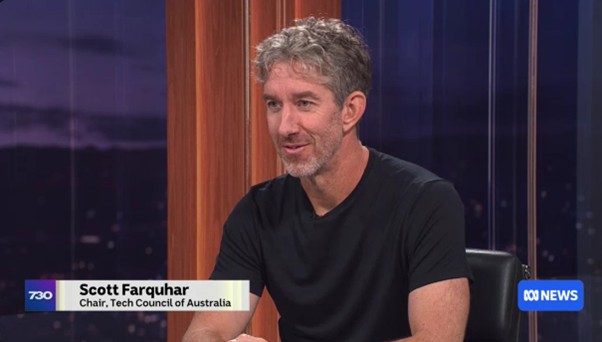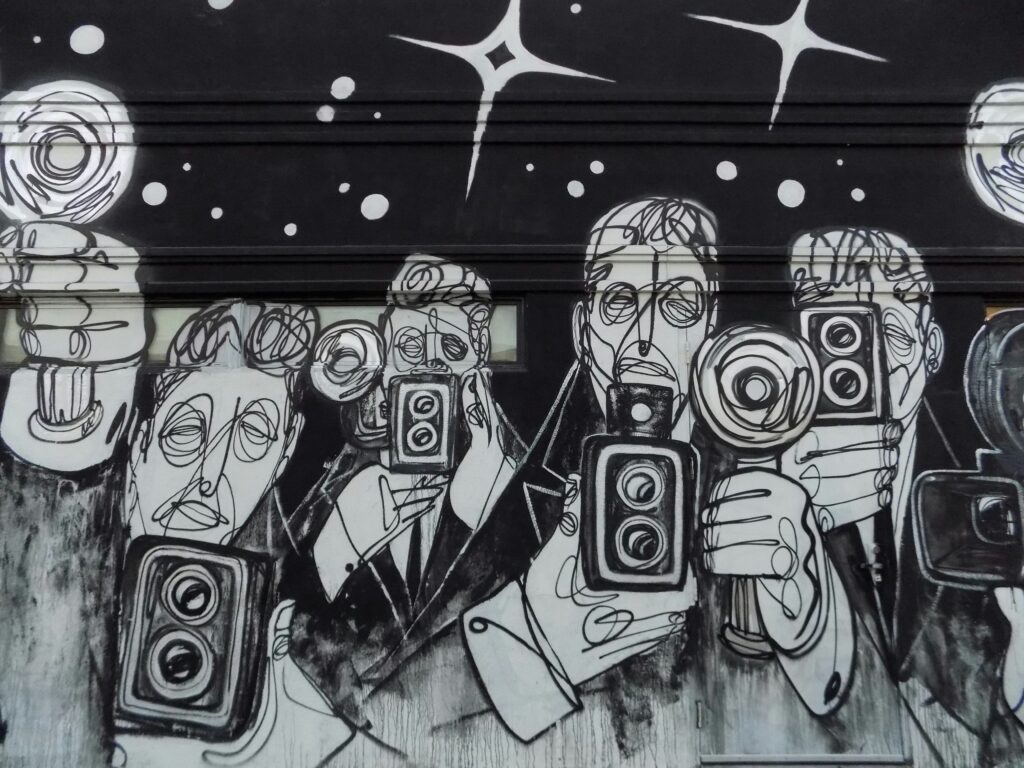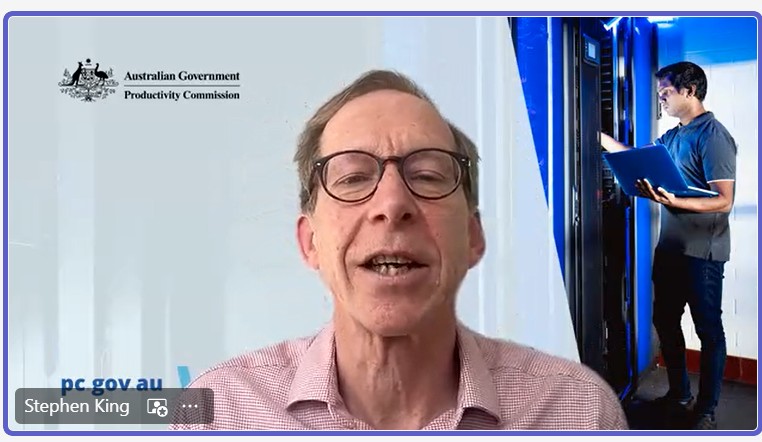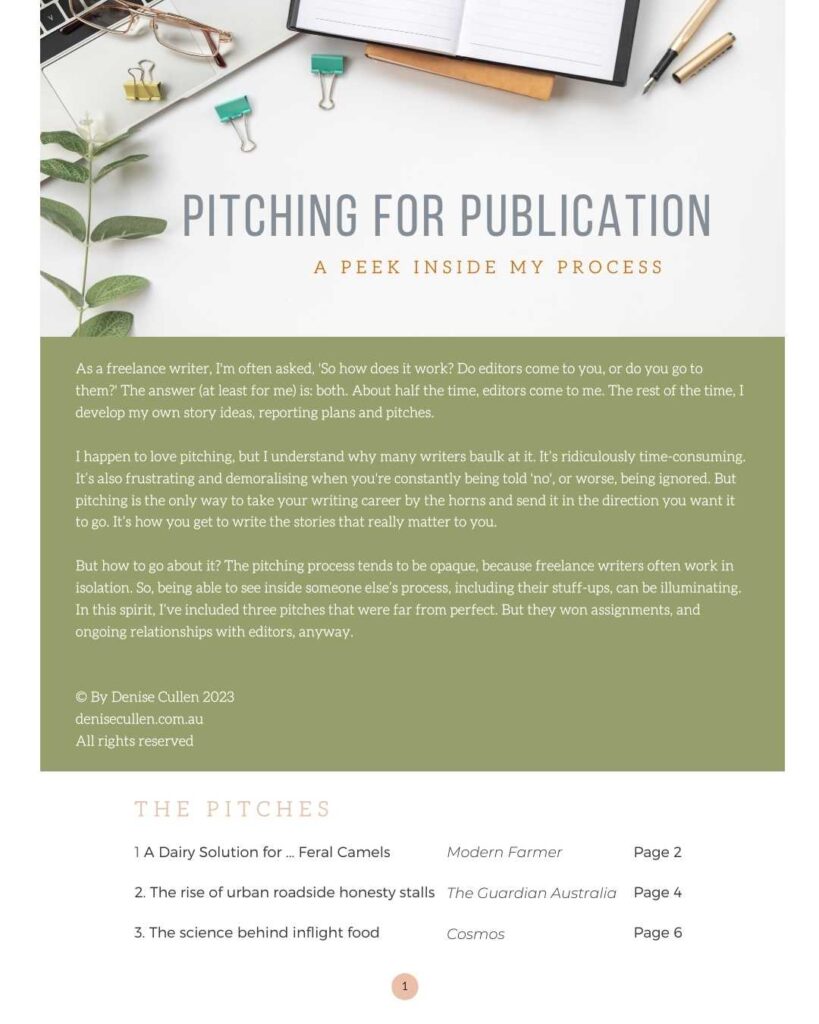Powerful, well-resourced forces are currently massing against Australian creatives.
Think I’m exaggerating? The tech sector, craving ever more data to feed its AI machines, wants access to the work of Australian creatives, without having to pay for it. In fact, the heist is already underway.
In an interview on the Australian Broadcasting Commission’s 7:30 Report, ex-Atlassian Scott Farquhar, in his role as chair of the Tech Council of Australia, argued that the rights of the many outweighed the few.
The following exchange with host Sarah Ferguson was particularly illuminating:
SARAH FERGUSON: Right now, AI companies are just gobbling up all of that material for free. That’s what the artists are calling theft. Do you think that should stop?
SCOTT FARQUHAR: I think that the benefits of the large language models and so forth that we’ve got outweigh those issues.

Harnessing data and digital technology
Much of the recent debate kicked off with a proposal in the Australian Productivity Commission’s interim report ‘Harnessing data and digital technology’ – a document which offers a masterclass in framing questions so you get the answers you want.
The Productivity Commission has long sought to water down copyright, but here’s a brief recap of the current debate, for those who haven’t already heard the justifiable howls of outrage from creators across the land.
Organisations such as the Media Entertainment and Arts Alliance are among those leading the charge to stop AI theft.
The Productivity Commission is an Australian Government body tasked with identifying priority reforms under a so-called five pillar productivity growth agenda.
One of those five pillars is harnessing data and digital technology.
This inquiry is framed in the context of the need to drive greater productivity, to boost real wage growth and living standards.
For Australia is going backwards, the report claims. Our productivity growth in the year to 2020 was, apparently, the slowest in 60 years.
AI as the steam engine of the modern age
The use of AI technology was identified as one of the main ways to boost productivity.
In the interim report released on 5 August, AI was painted as a solution to the declining productivity problem.
AI was likened to the steam engines that powered the Industrial Revolution in the 1800s and electricity that powered manufacturing in the 1900s.
It was important, therefore, to “get regulatory settings right”.
Poor ol’ businesses needed some degree of certainty to use, invest and develop AI.
But “poorly designed regulations could stifle AI investment”.
One of the main flies in the ointment?
Australian copyright law.
The copyright conundrum
If you’re an author, artist, musician, filmmaker, journalist, photographer, writer or some other form of creator, copyright law rightly exists to protect your blood, sweat and tears.
It encourages innovation by giving you exclusive rights over how your work will be used.
(Unless, as is increasingly the case, the publication you write for insists on your handing over all IP and then reselling your work to boost their own coffers. But that’s an argument for another day.)
Copyright law encourages creativity. It supports culture. It encourages investment.
It allows creators to make a living through licensing or sales.
I use the term ‘make a living’ loosely. According to 2022 figures from Creative Australia, the average annual income from practising as an author is a paltry $18,200.
Freelance journalists earn marginally more, with the Media Entertainment and Arts Alliance (MEAA) figures from 2021 showing that two-thirds of freelancers earn less than half the average weekly Australian wage.
(Read more about the realities of life as a travel writer at this link.)

Copyright law is an inconvenient truth
Australia’s gold standard copyright law recognises your intellectual and creative efforts.
But, when it comes to AI, copyright law is a bit of a bloody nuisance, because it means that tech companies can’t use your work for nothing. Or, at least they can’t legally use it for nothing. (This doesn’t stop them, as I’ll outline below.)
The Productivity Commission’s interim report points out that building and refining AI models requires the use of large amounts of data.
“Data is the feedstock of AI,” says Stephen King, who co-authored the Productivity Commission interim report. He was speaking at a webinar I attended (the recording of which does not seem to be available).
As an aside, this Stephen King is not to be confused with the real Stephen King, who doesn’t think AI is up to the task of creating work on a par with humans, because it’s “good at first glance, not so good upon close inspection”.
I got the impression that Australia’s Stephen King had been surprised by the vociferousness of the response to the recommendations contained in the interim report, saying, “It’s been a bit of a misleading debate,” and suggesting that all the Productivity Commission was doing was putting forward an idea.
(An idea which has Farquhar’s fingerprints all over it, but still …)
(For a discussion of the limits of AI, read this.)

King went on to say that we were currently in “the worst of possible worlds” because “our creatives aren’t being compensated and tech jobs are going overseas”.
And the reason that investment in the tech sector was going overseas?
Because copyright laws impede the use of copyrighted works to train AI models.
They represent a barrier to big tech firms being able to exploit small, individual creators.
Tech bros think they should be rip off creators work wholesale and feed it into their training models.
And when I said earlier that the Productivity Commission report is framing the questions to get the answers it wants, here’s a few examples. It asks:
Is the Australian copyright regime keeping pace with the rise of AI technology?
Is Australian copyright law a barrier to building and training AI models?
Is there a case for a text and data mining (TDM) exception?
It seems to be trying to shape responses of yes, yes and yes.
However, a growing chorus of creators are saying no, no and no.
What does the proposal for a text and data mining exception mean?
The Copyright Act specifies several instances in which people don’t need permission to use your work.
These include research or study, criticism or review, parody or satire, reporting news, and enabling a person with a disability to access the material.
So far, so good.
Licensing is the main way a copyright holder grants permission for others to use their work.
An important part of this exchange – and the foundation of most forms of commercial agreement – is some form of payment.
Speaking during a webinar on the subject, Copyright Agency CEO Josephine Johnston said there is no need for a TDM exception because tech firms can already seek a licence (but then they’d have to pay, which is the exact problem).
I’ve been a creator member of Australia’s Copyright Agency for decades.
The Copyright Agency collects licence fees for the reuse of text and images and distributes these as copyright royalty payments.
Its latest annual report indicates it distributed $102 million in 2024.
That sounds like a lot.
But if you split it between the 22,000 or so recipients, that comes to an average of $4636 per creator.
No-one out there is buying a sheep station.

The crime is already in progress
What the tech companies are calling for is the right to take and use creators’ work, for free.
In fact, the Productivity Commission’s interim report points out that “AI developers can too easily sidestep existing licensing and enforcement mechanisms”.
Let’s be clear, sidestepping means stealing.
The Productivity Commission acknowledges that AI developers are stealing.
Already, copyrighted materials, including literary and artistic works, sound recordings, films, and musical works, are being used to train AI models without consent or compensation.
In March, the Australian Society of Authors revealed that Australian authors’ books were among a set of pirated works used by Meta to train their AI systems.
Meta could have licensed these books and articles.
But they figured it was cheaper and quicker and a lot less trouble to just use works from a pirate website called Library Genesis.
Copyright law, Johnston points out, is jurisdiction-specific, meaning it relates to activity occurring within Australia’s borders.
(Technically, there are remedies for the wholesale theft that remains ongoing – but the remedies need to be found outside copyright law.)
This outrageous caper is the intellectual property version of Grand Theft Auto. The crime, not the video game.
Remarkably, the Productivity Commission report suggests that because this large scale theft is already happening, we might as well change the laws so creators can no longer call what’s happening theft.
It’s like bailing up a driver at gunpoint, stealing their car, using it for a joyride, or perhaps to rob a bank, and claiming you gave them permission to do all that by handing over the keys.
Then, to further stretch the metaphor, handing the car back (spitting out the AI-generated text), by which time it’s covered in dings, scratches, bullet holes, and dust, and with an odd ‘delve’, em dash, or ‘furthermore’ graffitied on the hood.
And – the ultimate outrage – charging the victim a subscription for the privilege.
(For more details on AI slop and what to do about it, read this.)
What’s happening in the big wide world
The Productivity Commission interim report points out that text and data mining exceptions already exist in other jurisdictions.
These include the Japan, Singapore and, of course, the United States.
That great thinker Donald Trump argued recently:
“You can’t be expected to have a successful AI programme when every single article, book, or anything else that you’ve read or studied, you’re supposed to pay for. ‘Gee, I read a book. I’m supposed to pay somebody.’
“And, you know, we appreciate that, but you just can’t do it because it’s not doable. And if you’re going to try and do that, you’re not going to have a successful program.’”
Oh. OK, then.
Johnston argues that the introduction of a TDM exception will “harm everyone in the creative industries” and it will impoverish us culturally as it helps pave the way towards yet more “homogenous content”.
She urges creators not to give up, even when tech companies argue that we’re out of step internationally.
“This isn’t inevitable,” she says. “We don’t have to accede to what’s happening in the rest of the world. Australia has always been a good example to the rest of the world about protecting artists’ rights.”
“We should not jump to adopt proposals that are a race to the bottom.”
The Productivity Commission reckons it’s keeping an open mind.
“We invite feedback and further information from individuals, businesses and organisations,” it says.
“Your insights will help us strengthen our recommendations and identify practical pathways for implementation.”
Submissions close on 15 September 2025.
Does this matter impacts you? Be sure to make a submission. Johnston also encourages creators to contact their local MP. Here’s a link to the Australian Electoral Commission’s Find My Electorate tool.
This is one of the most critical issues facing creators today, so do let them know what you think.
(This post was published on 7 August 2025 and updated on 21 August 2025.)
Over to you …
What are your thoughts on the proposed new exemption to copyright law?
I invite you to sign up for my newsletter.
You’ll also receive a FREE copy of Pitching for Publication, which breaks down three successful pitches to Australian and international publications.

